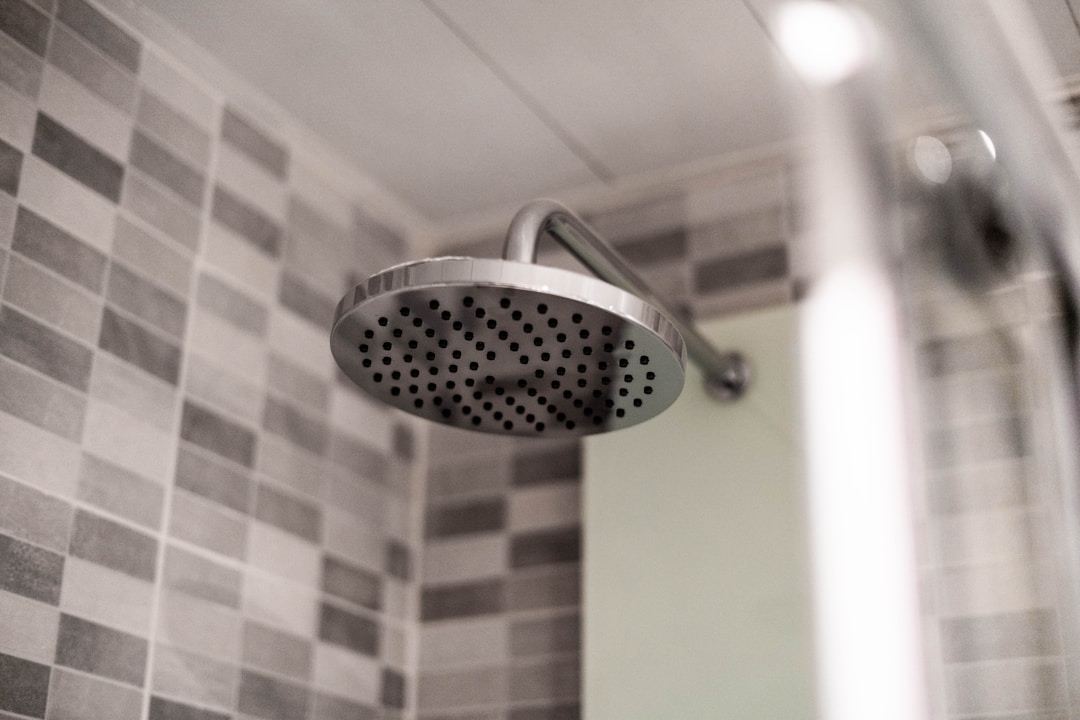Owning a home is an amazing milestone, but it also comes with a great deal of responsibility. It can be an adjustment if you’re used to having a landlord or a property manager take over when something goes wrong, especially if you don’t have much experience with managing maintenance or repairs. Water leaks and the damage they cause can be a serious problem for any homeowner. Fortunately, there are plenty of qualified professionals who can help, though the best thing you can do is take excellent care of the parts of your home that can be vulnerable to leakage. If you want to know more, keep reading to find out which parts of a home are most likely to leak water.
What parts of your home are most likely to leak water?

Shower leaks are common, and there are several possible causes for a leaky shower. You could have a leak in your shower head caused by mineral deposit buildup or if the cartridge becomes worn down or cracked. Sealant issues with the shower tray can cause leaks, as can incorrectly fitted or aging solder connections. No matter what the cause is, call a contractor if you notice a leak. If you need to replace your shower, look for shower installation services that can help you find the perfect new shower for your bathroom space.
The roof of your home can also be vulnerable to leakage. The most effective way to avoid roofing problems is to be proactive about care and maintenance. It should be evaluated once per year. How frequently you’ll need repair or replacement depends on what type of roof you have. Look for a company with years of experience providing quality service, like Castle Roofing, to protect your roof.
Your air conditioner can also be prone to leaks or dripping water. The most likely cause is a clogged condensate drain line. Many homeowners don’t realize how important proper HVAC maintenance is. It’s necessary to have your HVAC unit inspected annually and change the filter at least once every 90 days. If you notice any issues, you should contact a technician right away. If you experience ongoing problems with a system that is over a decade old, you may want to think about replacing it entirely.
How can water leakage affect your home?

Excess moisture from water leaks can create the conditions for mold growth in your home. Exposure to mold can cause a number of health problems, including a stuffy nose, sore throat, and itching. There are also conditions that could make you more susceptible to being harmed by the presence of mold, like having an allergy, lung problems, or a weak immune system. Using your air conditioner and dehumidifier to keep your home’s humidity levels under 50 percent and cleaning with a soap and bleach solution can help eliminate mold.
Flooring, wooden furniture, drywall, and other wood structures within your home can all be heavily affected by water damage. Wood can become soft and weakened when it absorbs too much water, which can result in a collapse if the damage isn’t addressed by a professional immediately. Electrical systems can also be a major hazard when you have any type of water leakage. You should always try to have a technician look at your home within 24 hours of a leak.
Water leaks may seem innocuous, but they can be red flags that indicate a more severe problem could be brewing. Staying on top of preventive maintenance and regular inspections is essential if you want to protect your home from water leakage, and it is by far the most efficient way to do so. If you notice any leaks or substantial water damage, you shouldn’t waste any time in having a professional come look at the issue. Otherwise, your whole household will be at risk because of the development of mold and the many other hazards associated with water damage.



